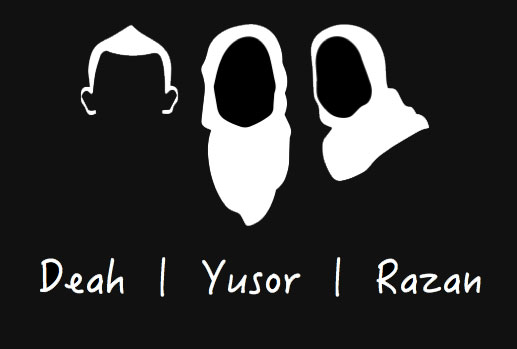Examining how anti-Muslim narratives influence bias, public opinion, and real-world policies.
The Institute for Social Policy and Understanding (ISPU) is conducting a groundbreaking study titled:
📌 Muslim Narratives in Popular Media: An Audience Study
This research aims to examine and quantify how American audiences from different religious and cultural backgrounds respond to anti-Muslim tropes in media.
Key Objectives:
✅ Analyze how different audiences react to media portrayals of Muslims.
✅ Understand the influence of these portrayals on public perception.
✅ Measure the impact of media bias on support for anti-Muslim policies.
Why This Study Matters
Media shapes perception and perception shapes policy. For years, studies have documented the prevalence of anti-Muslim narratives in film, television, and news media. However, little research has been done to quantify the audience’s response and its effect on real-world policies.
🔹 Do negative portrayals increase bias against Muslims?
🔹 How do these portrayals affect public support for surveillance, bans, or discrimination?
🔹 Can alternative narratives shift public perception in a positive direction?
This study aims to answer these questions with data-driven insights, helping shape advocacy, media reform, and policy recommendations.
Funding & Support
The Our Three Winners Foundation (OTW) is proud to support this research so that we may all have a better understanding of how film, television, and media influence policies.
Want to support more research like this? Donate to OTW’s Advocacy Fund.

